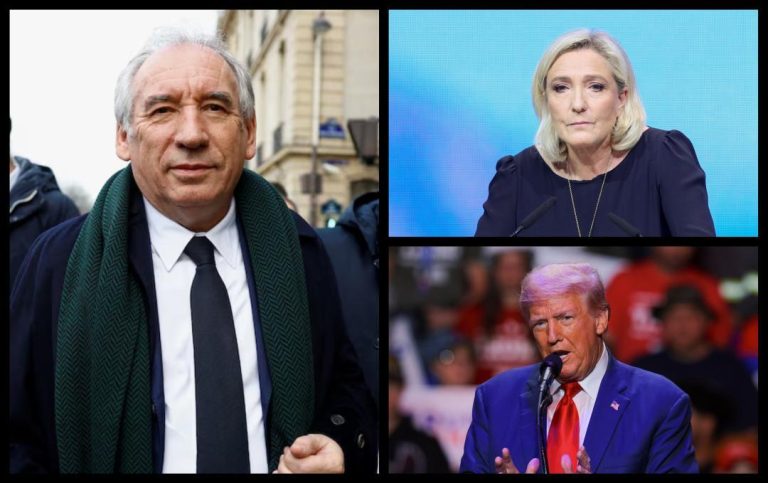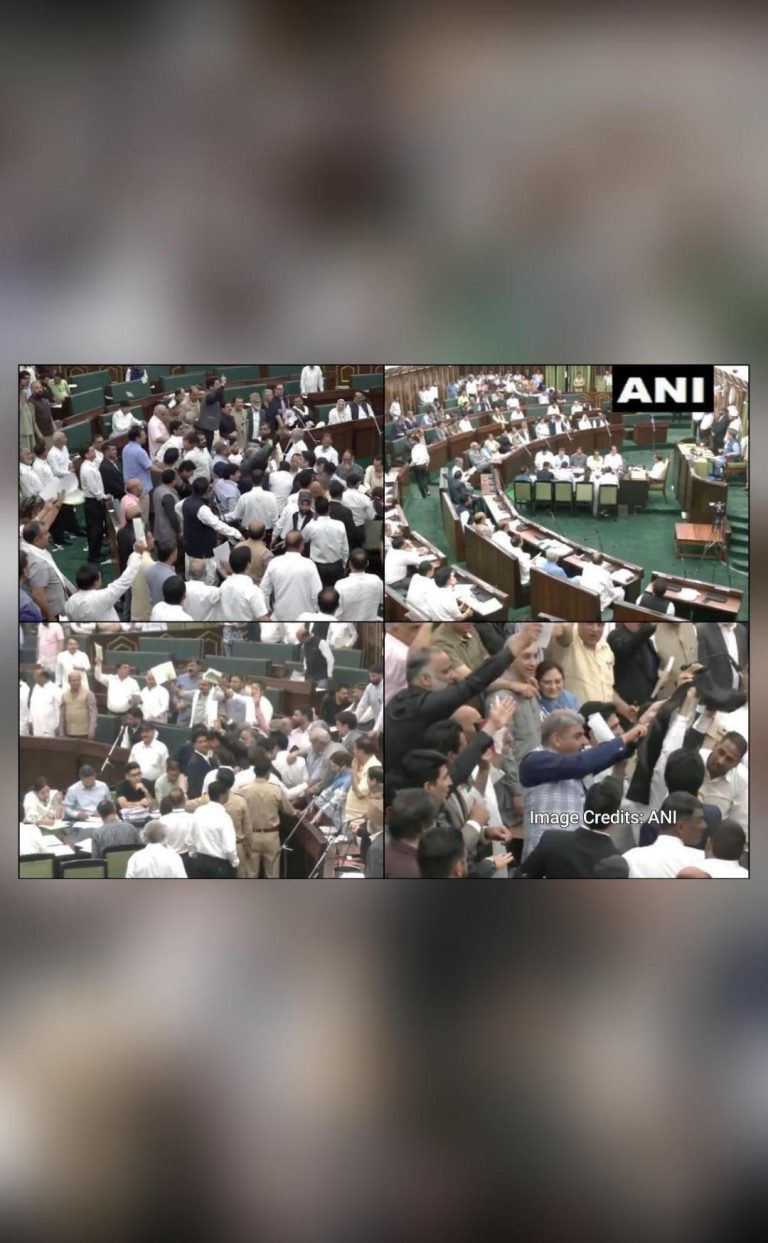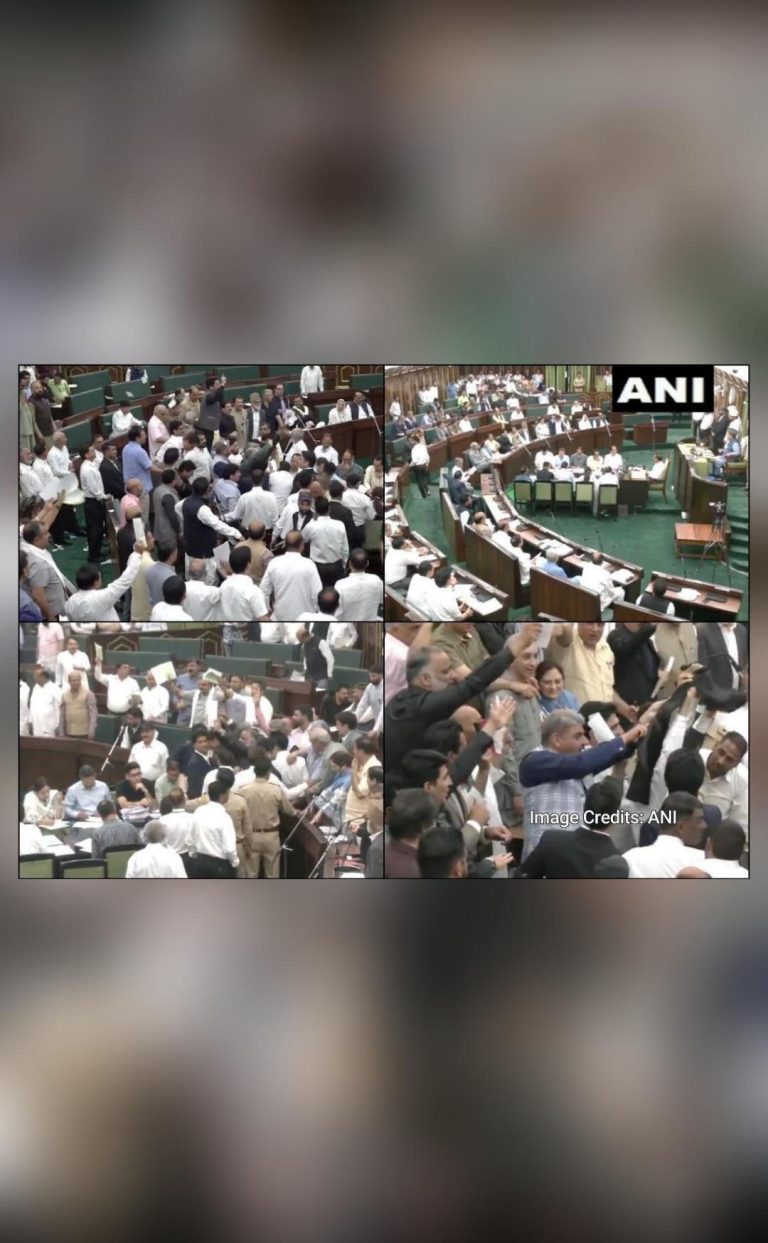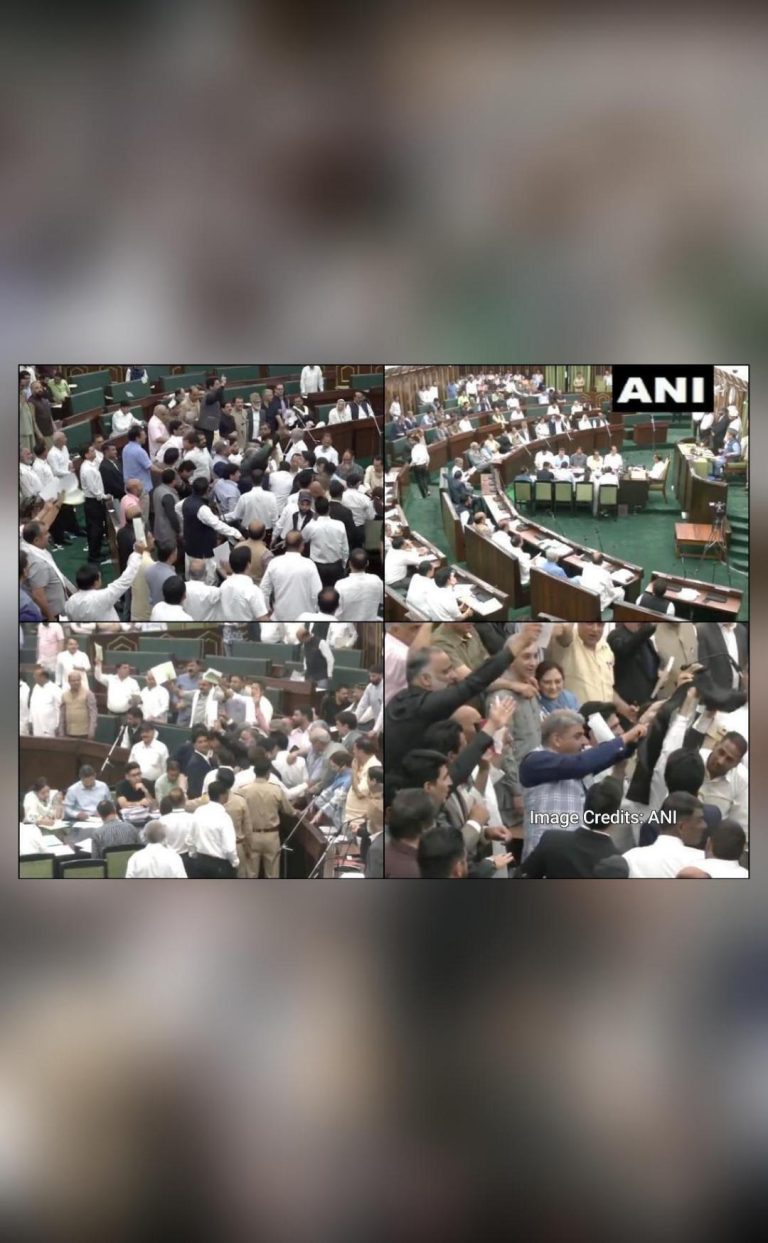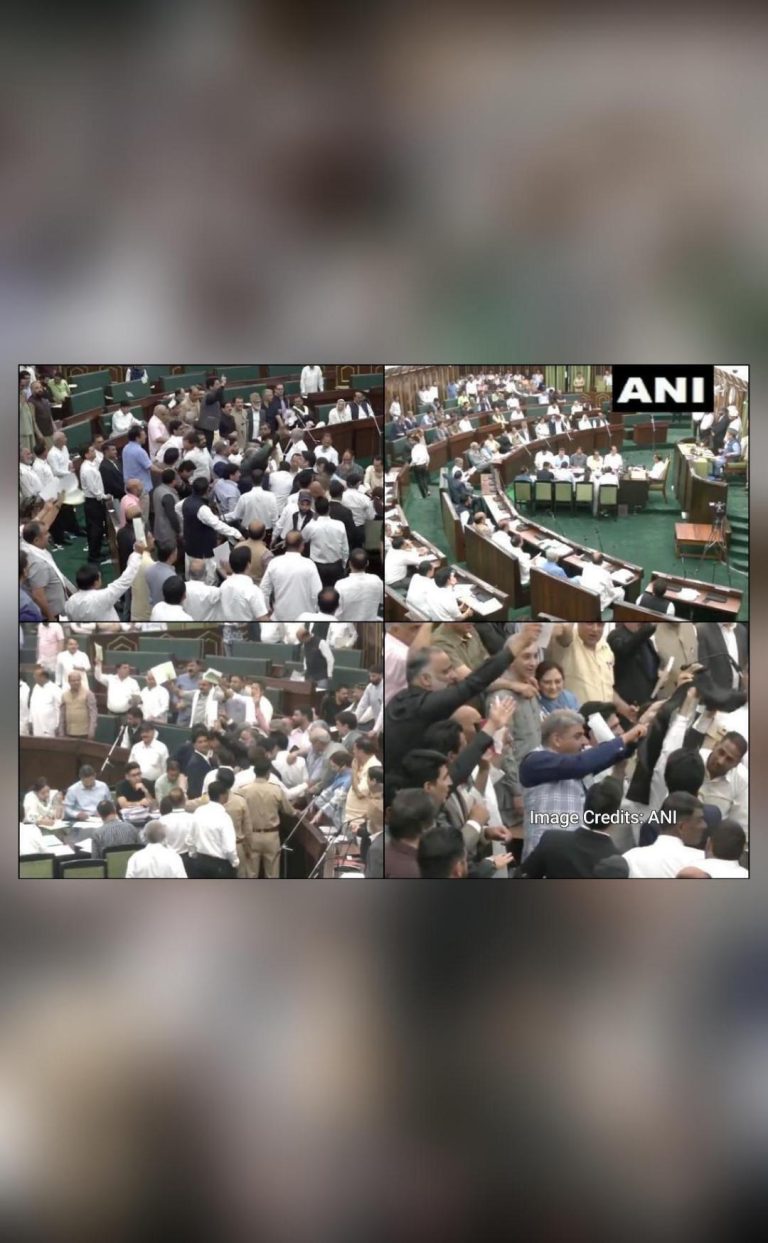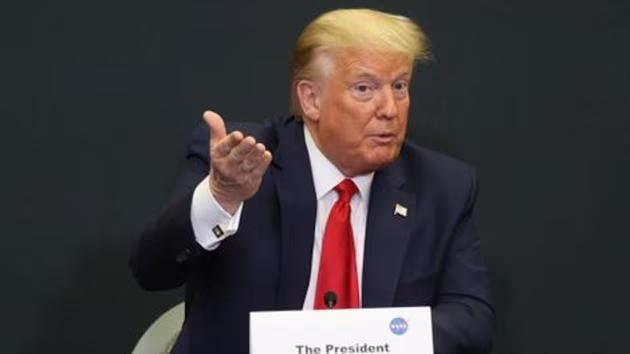
Title: Thanks, but no thanks: White South Africans on Trump’s offer
In a surprising turn of events, groups representing some of South Africa’s white minority have rejected a generous offer from US President Donald Trump to grant them refugee status and resettlement in the United States. The offer, made in February 2025, was seen as a lifeline for many white South Africans who have been facing increasing persecution and violence at the hands of their black compatriots.
However, in a statement released last week, Dirk Hermann, chief executive of the Afrikaner trade union Solidarity, spoke on behalf of his organization and other groups, saying, “Our members work here, and want to stay here, and they are going to stay here.” This sentiment was echoed by other white South African groups, who rejected Trump’s offer and instead chose to stay and fight for their rights in their homeland.
So, what led to this unexpected rejection of Trump’s offer? And what does it say about the complex and often fraught relationship between white South Africans and the US government? In this blog post, we’ll delve into the background of the offer, the reasons behind the rejection, and the implications for both South Africa and the US.
Background
The offer from Trump was made in response to a wave of violence and intimidation directed at white South Africans, particularly farmers, who have been the target of gruesome murders and attacks. The crisis has been ongoing for years, with many victims being brutally killed, often in horrific circumstances. The South African government has been criticized for its failure to protect its citizens, particularly white farmers, who have been forced to take matters into their own hands to defend themselves.
Trump’s offer was seen as a desperate attempt to stem the tide of violence and provide a safe haven for those fleeing persecution. The President has been a vocal critic of the South African government’s handling of the crisis, and has accused the country’s leaders of being anti-white and anti-American.
Rejection
So, why did white South African groups reject Trump’s offer? The answer lies in a complex web of factors, including cultural identity, economic ties, and a deep-seated desire to stay in the country where their ancestors have lived for generations.
For many white South Africans, the offer from Trump was seen as a betrayal of their cultural heritage. They have a deep connection to the land, the language, and the culture of South Africa, and many feel that leaving the country would be a betrayal of their ancestors.
Furthermore, the economic ties between South Africa and the US are extensive, with many white South Africans having business and investment interests in the country. The offer from Trump would have required them to leave behind their businesses, their homes, and their livelihoods, and start anew in an unfamiliar country.
Finally, there is a sense of defiance among many white South Africans, who feel that they have been unfairly targeted and persecuted by the South African government. By rejecting Trump’s offer, they are making a statement that they will not be intimidated or driven out of their homeland.
Implications
The rejection of Trump’s offer has significant implications for both South Africa and the US. For South Africa, it means that the government will have to continue to grapple with the crisis of violence and intimidation directed at white farmers and other minorities. The rejection of Trump’s offer also sends a strong message to the South African government that white South Africans will not be intimidated or driven out of their homeland.
For the US, the rejection of Trump’s offer is a significant blow to his administration’s foreign policy agenda. Trump’s offer was seen as a way to flex his muscles and demonstrate his commitment to protecting American interests abroad. The rejection of his offer is a reminder that even the most powerful countries cannot dictate the terms of international relations.
Conclusion
The rejection of Trump’s offer to white South Africans is a complex and multifaceted issue, driven by a mix of cultural, economic, and political factors. While the offer was seen as a lifeline for many white South Africans, it was ultimately rejected in favor of staying and fighting for their rights in their homeland.
As we move forward, it is clear that the crisis of violence and intimidation directed at white farmers and other minorities in South Africa will continue to be a major challenge. The South African government must take concrete steps to protect its citizens and provide a safe and secure environment for all.
For the US, the rejection of Trump’s offer is a reminder that international relations are complex and multifaceted, and that even the most powerful countries cannot dictate the terms of international relations.
Sources:

